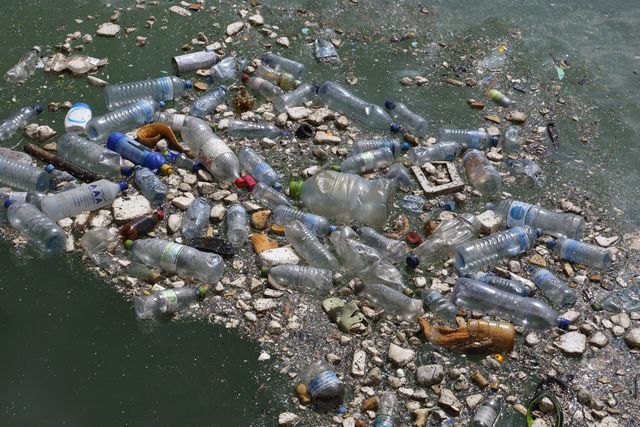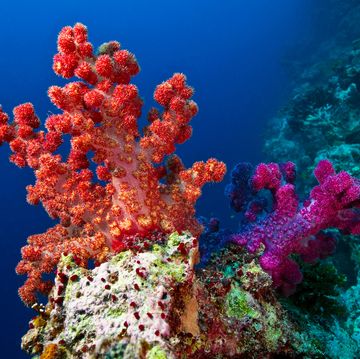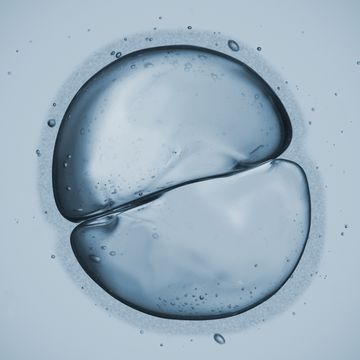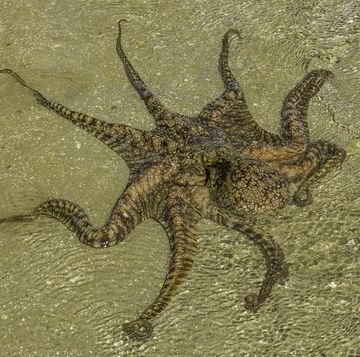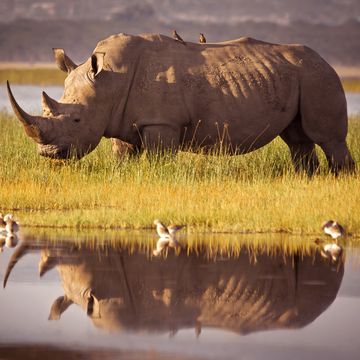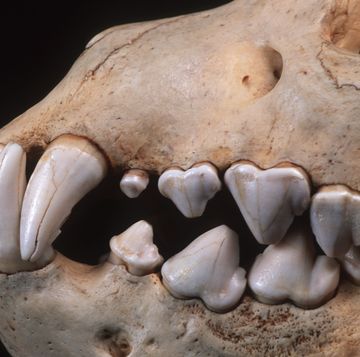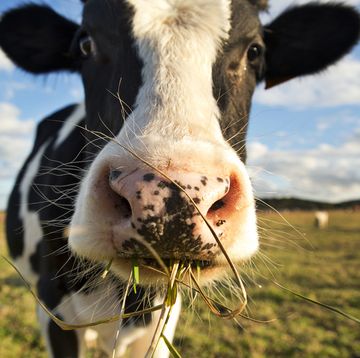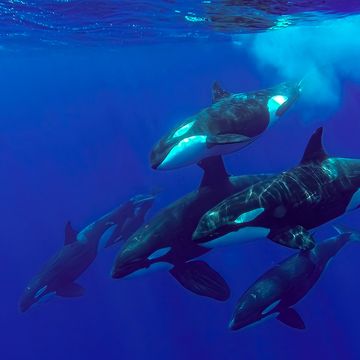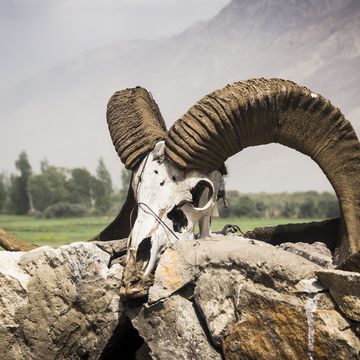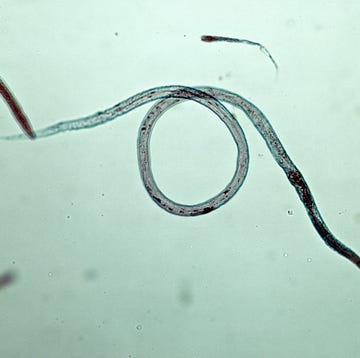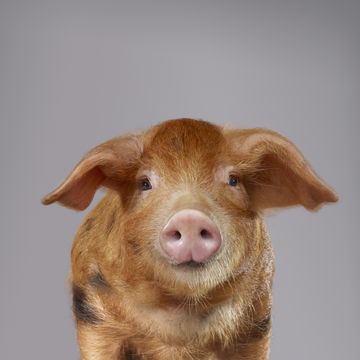A whale has washed up on a beach in the Philippines on Sunday with 88 pounds of plastic inside it. The whale did not survive.
Plastic pollution is an increasingly serious problem, and the oceans are suffering the most. In the Pacific, there are billions of tons of plastic floating around the Great Pacific Garbage Patch. There’s so much plastic in the ocean that some of it is even washing up on the world’s most remote beaches or lurking at the bottom of the Mariana trench.
Plastic simply existing in the ocean would be bad enough, but once its there it typically doesn’t stay. Marine animals often mistake floating bits of plastic as food and eat them, where they get stuck in the animals’ digestive tracts and stay there forever. That plastic takes up space in the stomach and prevents the animal from consuming enough nutrients to survive. Eventually, plastic kills.
In this case, 88 pounds of plastic killed a 1,100-pound whale. That’s an incredibly large amount of plastic, and a necropsy of the animal found most of it was in the form of plastic bags. Some of the plastic had been in the whale’s stomach for so long it had turned into a hard, solid mass.
“The plastic in some areas was so compact it was almost becoming calcified, almost like a solid brick,” said Darrell Blatchley, who attended the necropsy, to The New York Times.
This whale was just one animal suffering from the effects of plastic pollution, but there are countless other animals in the ocean suffering from the same thing. Most of these animals don’t wash up on beaches, which means the plastic can stay in the ocean and go on to do even more damage. For instance, a small fish that dies to plastic poisoning could be eaten by a bigger fish, which would then inherit that damaging plastic as well as the affliction.
It’s also extremely unlikely we could ever remove most of the plastic from the ocean safely. One startup is trying to remove some ocean plastic but has not met with any success so far. If we can’t remove the plastic in the ocean—along with eliminating the plastic we’re continuing to put in—this one whale will be far from the last casualty.
Source: The New York Times
